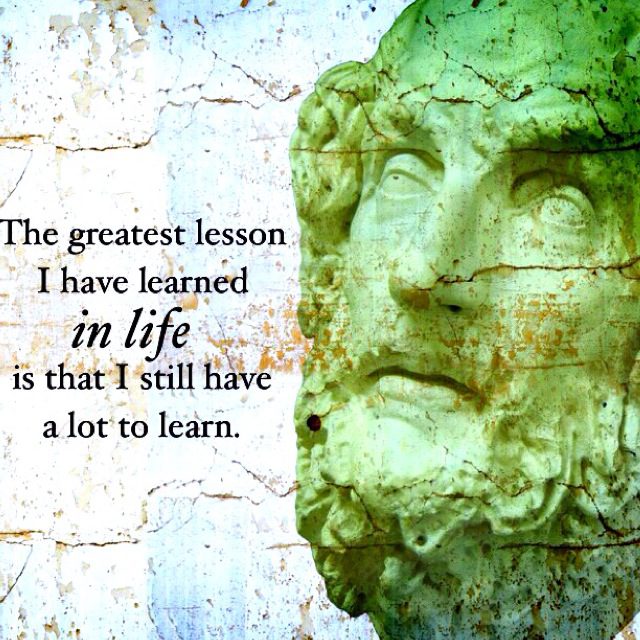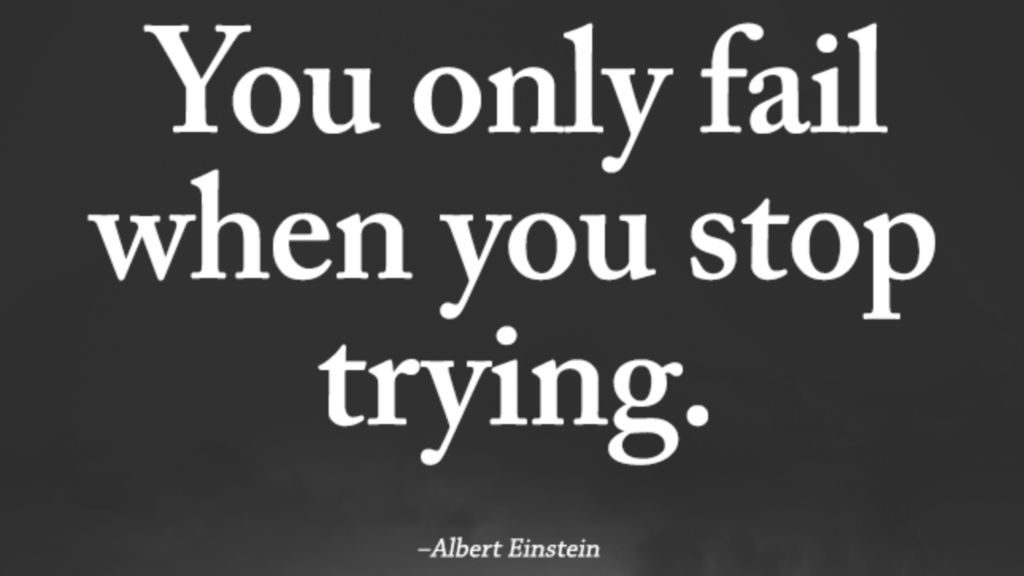When we think of ancient philosophers, we tend to think in terms of long-winded, overly-complex and mostly non-relatable advice that was appropriate for the day but has no relevance now.
Well, that is not entirely true. While some of their advice might be a bit long-winded, it is very relevant to today. It is also far from complex and, in fact, much of the advice is specific and basic. We are the ones that make it complex by our interpretation of their advice and how we go about implementing it into our lives.
These 4 life hacks from historic philosophers will change your life:

1 – For your life to be long and happy, you must use it well.
“It is not that we have a short time to live, but that we waste a lot of it. Life is long enough, and a sufficiently generous amount has been given to us for the highest achievements if it were all well invested. But when it is wasted in heedless luxury and spent on no good activity, we are forced at last by death’s final constraint to realize that it had passed away before we knew it was passing. So it is: we are not given a short life, but we make it short, and we are not ill-supplied but wasteful of it… Life is long if you know how to use it.” – Seneca (native American philosopher)
There are plenty of activities that make up our day that do not contribute to the fullness of our life. Some, we must do like driving to work. However, we choose to waste our time, as well. Think of activities like binge-watching your favorite program on Netflix.
When you begin to realize that how you spend your time affects how you view your life and your happiness levels, it is easier to choose things that lend value to it. You can even improve the things you are required to do by doing something to enhance your life. For instance, you might listen to a positive, uplifting podcast on your way to work instead of the local news station.
Don’t let life pass you by because you choose activities that add no value. That doesn’t mean giving up House of Cards altogether, but balance it with meaningful life activities.
2 – A happy life is one without judgment.
“To accuse others for one’s own misfortunes is a sign of want of education, to accuse oneself shows that one’s education has begun. To accuse neither oneself nor others shows that one’s education is complete.” – Epictetus
Living without judgment is easier than it sounds and rarely completely conquered. We judge because we want to know the answer before understanding the challenge. The first step in moving past judgment is releasing the need for an answer.
Instead of judging, form an opinion. Judgments are assumptions that usually do not change. An opinion, however, is an isolated view of the world that can change with discovery new information. Recognizing the difference is the first step to changing judgments into opinions.
3 – Happiness exists in our thoughts.
“The happiness of your life depends upon the quality of your thoughts: therefore, guard accordingly, and take care that you entertain no notions unsuitable to virtue and reasonable nature.” – Marcus Aurelius
No surprise here that our happiness is a byproduct of our thoughts. What might be surprising is that this is not a new idea or the latest fad.
When you read the quote, you can see that Aurelius mentions not to entertain thoughts that aren’t worthy. Of course, you cannot fail to have negative thoughts, However, you must choose never to get caught up in them.
The lifehack here is to work on your thinking. Don’t focus on only having positive thoughts because that is unrealistic. Instead, focus on not dwelling on the negative ones.

4 – Our habits fuel our happiness.
“Excellence is an art won by training and habituation. We do not act rightly because we have virtue or excellence, but we rather have those because we have acted rightly. We are what we repeatedly do. Excellence, then, is not an act but a habit.” – Aristotle
Aristotle understood that we are creatures of habit. Whether those habits serve or hinder us is the difference between being happy or being stuck in a life where we merely exist.
Choosing the right habits is the ultimate life hack to help you be happier. Recognize, though, that choosing can be difficult. Everyone professes to have the best habits for happiness, but the best habits for happiness are the habits that work for us as individuals, and that may be different for each of us.
Some of our greatest life lessons come from ancient philosophers. Their teachings have stood the test of time, and it is worth it to pay attention to what they said. These philosophers are the greatest source of wisdom we have.


















